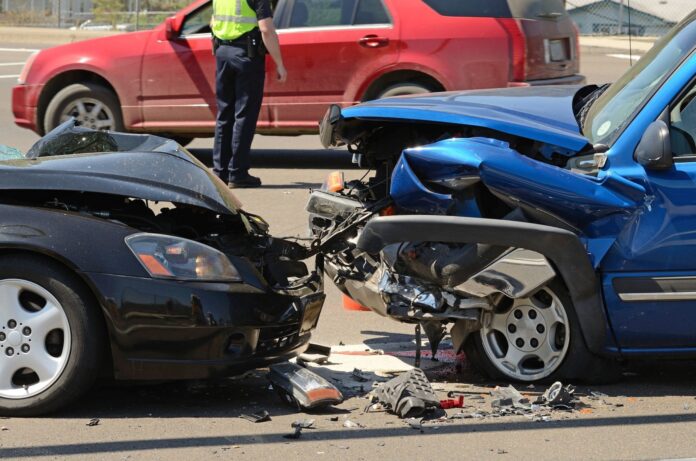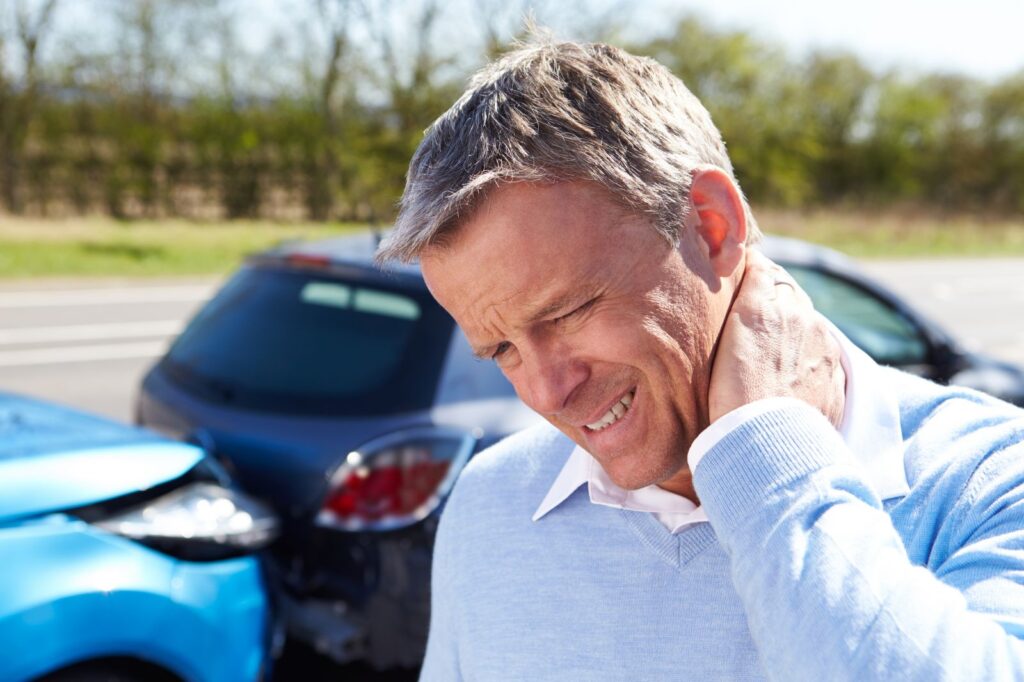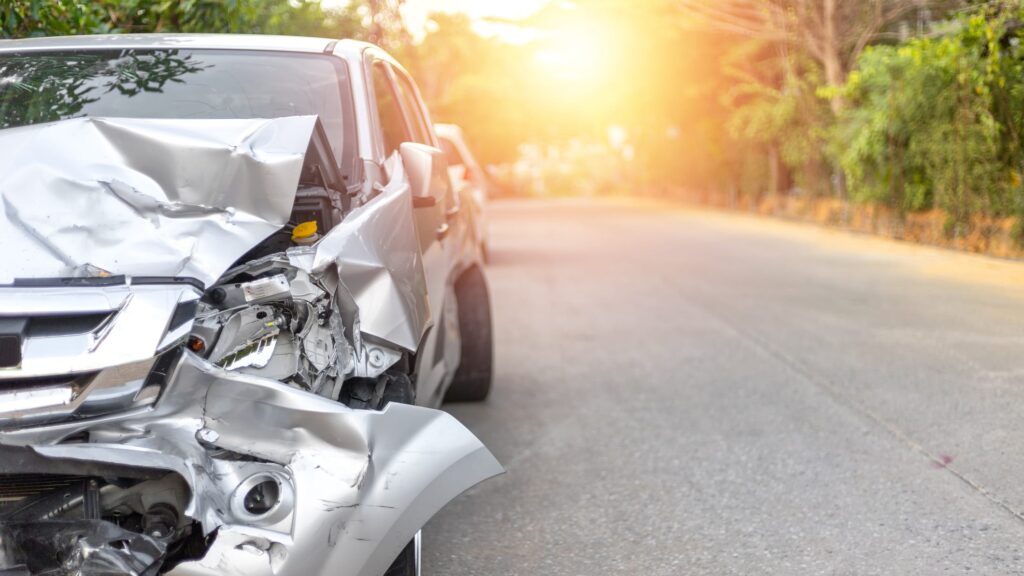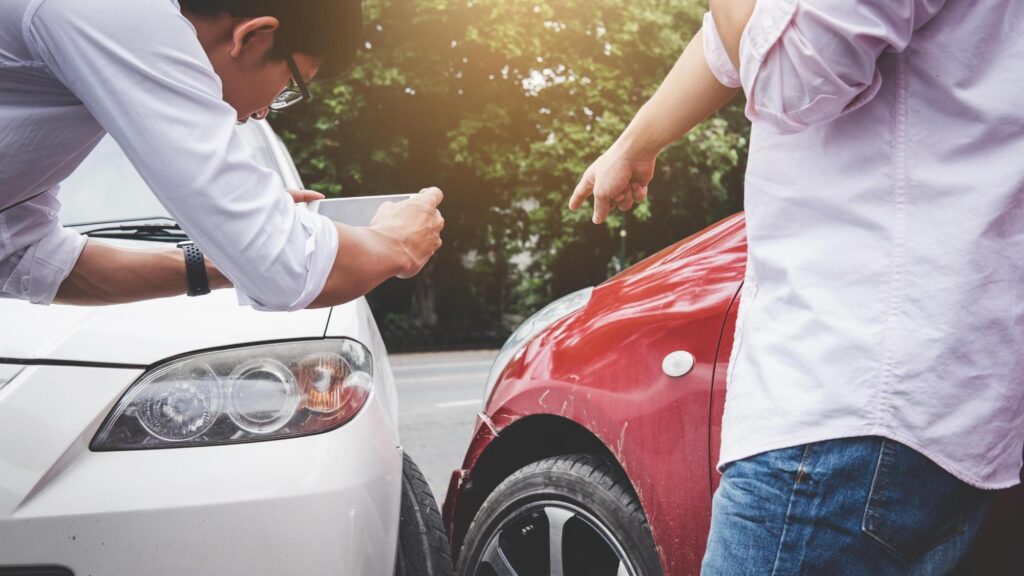
On an annual basis, approximately 6 million car accidents occur on America’s roads. They lead to an average daily death toll of 100, with countless other drivers, passengers, and pedestrians suffering severe physical and mental injuries as well. The statistics paint a grim picture of driver safety in the US today, and even safe drivers get into accidents each and every day.
A lot of people follow the rules, sticking to the speed limits, obeying the signs they see along the way, looking left and right at every intersection, using their signals, and so on, but there are still plenty of reckless and negligent drivers out there who put a lot of other people in danger, as well as simple human errors or lapses in concentration that can seem tiny at the time but lead to major collisions and crashes.
In other words, even if you drive perfectly sensibly, following all the rules and remembering your driver’s education to the letter, you can still end up in a collision of some kind, which is why it’s so important to know what to do and how to behave if and when an accident happens. Read on to find out the top do’s and don’ts when car accidents occur, from a legal perspective.
Don’t: Assume You Won’t Need a Lawyer

As explained by Hirsch & Lyon Accident Law, “Many first-time car accident plaintiffs do not quite understand the enormous value of an attorney at an early stage of their dispute.” Yes, you need to make sure you receive medical attention if you have any injuries and contact the police to report the incident too, but once those steps are taken care of, it’s highly recommended to contact a lawyer as soon as possible.
The earlier you contact a lawyer, the better. By contrast, the longer you wait, the more danger you could be putting yourself in and the more your chances of success in any legal cases associated with the accident will decrease. Why? Well, after an accident, there’s a very limited window in which a lawyer can start gathering evidence, witness statements, and so on to prepare a case.
If you contact a lawyer quickly, they’ll be able to take all the necessary action right away and start building up your defense. They’ll also be able to guide you through the process, advising you on what to say, what to do, who to talk to, and so on. This can be very reassuring, helping to assuage a lot of fears and worries you might be experiencing, as well as giving you peace of mind and protection moving forward.
Do: Seek Medical Attention

Of course, this should go without saying, but it’s absolutely essential to get medical care when a car accident happens. If you or one of your passengers are visibly injured and in severe pain, you should try to stay in position and avoid moving if at all possible until the emergency first responders arrive on the scene and help out.
If, however, you feel some minor injuries but find that you’re still able to move around, you should try and get the vehicle to the side of the road if necessary and then get out and walk away to a safe spot. This is especially important if the accident has occurred in rainy conditions or in the dead of night when other road users driving nearby might struggle to see you. You should then wait for help and get to a hospital to be checked out.
Even if you can see or feel no injuries whatsoever, you still need to speak to a doctor. It’s often the case that car accident injuries don’t appear right away after an accident, and sometimes patients only start to notice pain or mobility issues a day or two later. This is why you need to get help right away and avoid making any unreasonable self-diagnosis without proper medical training and experience.
Don’t: Wait Too Long

Following on from the earlier point about making sure you speak to a lawyer as quickly as possible, it’s also recommended to take general action as quickly as possible too. Make sure you get medical attention immediately, for example, and report the incident to the police and your insurance right away. Visit AccidentReports.com, if you plan to file an insurance claim for compensation.
Any kind of dallying or waiting around can lead to issues later on. For example, if you fail to get medical treatment or a diagnosis in the wake of an accident, an insurance adjuster could later use that against you to claim that you weren’t actually as hurt as you later claim to be.
It’s perfectly normal to feel disoriented, panicked, and confused in the wake of an accident, which could lead to delays and hesitation, but you have to do everything possible to remain calm, collected, and focused however you can.
Do: Document the Scene

This is one of the most overlooked and ignored parts of the auto accident process, but it’s incredibly important and should never be forgotten: you need to make sure to document the entire scene, including any damage to your vehicle and any visible physical injuries to yourself and your passengers, if possible.
Why? Well, if the case ends up going to court or legal representation is required on both sides, the photos you take and the reports you file after the accident will serve as valuable evidence. Without photos and physical documentation of what happened, cases can quickly devolve into a case of one person’s word against the other.
You should also make sure, as well as documenting the scene yourself, to report it to the police. The police will be able to file an official report that can be relevant later on, as well as sending officers to the scene to assist you.
Do: Practice Safe and Courteous Driving
Safe driving practices are paramount on the roads, in every part of the world. Follow posted speed limits and road signs, always wear your seatbelt, and maintain a safe following distance. Be courteous to other drivers, yield when necessary, and use turn signals to indicate your intentions. Avoid aggressive behaviors like tailgating and road rage, as they can escalate situations and lead to accidents or confrontations.
Don’t: Engage in Road Rage
Road rage is a dangerous behavior that can have serious consequences. If you find yourself in a frustrating situation on the road, it’s crucial to remain calm and composed. Avoid aggressive gestures, shouting, or confrontations with other drivers. If you encounter an aggressive driver, do not retaliate or provoke them further. Instead, maintain a safe distance, and if necessary, report the incident to the appropriate authorities once you are safely off the road.
Safe driving in the UK, as in many other countries, assumes that road safety is a shared responsibility, and practicing safe and courteous driving habits is essential for everyone’s well-being on the road. Remember that road rage and aggressive driving not only endanger lives but can also result in legal consequences. Staying calm and focused while adhering to road safety guidelines can help ensure a safer and more pleasant driving experience for all.
Conclusion
Accidents happen every day, leaving people hurt, confused, and scared, but you don’t have to suffer in silence and deal with all of the post-collision drama alone. Having a lawyer by your side can help the process go much more smoothly, so be sure to follow these tips and act fast if an accident occurs.








